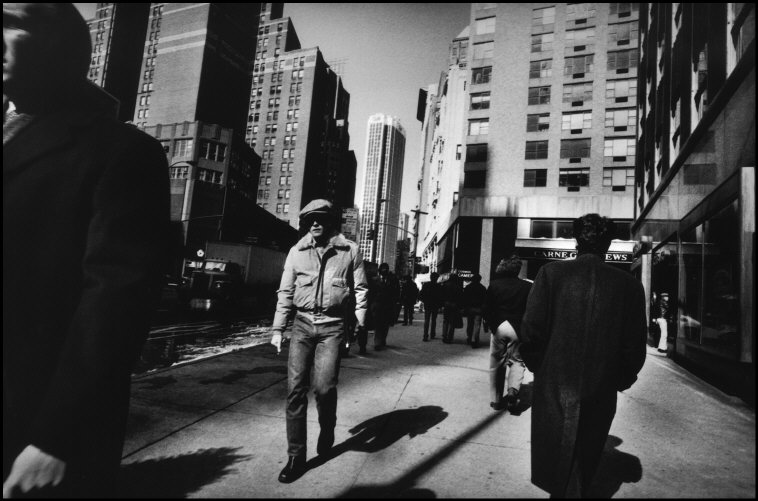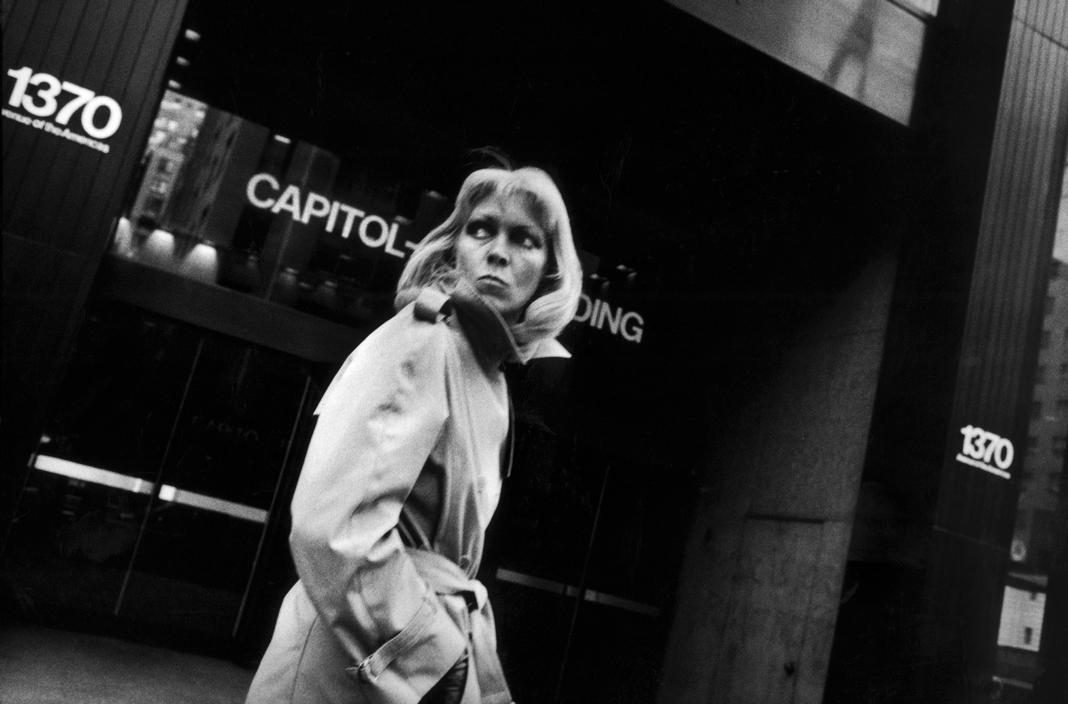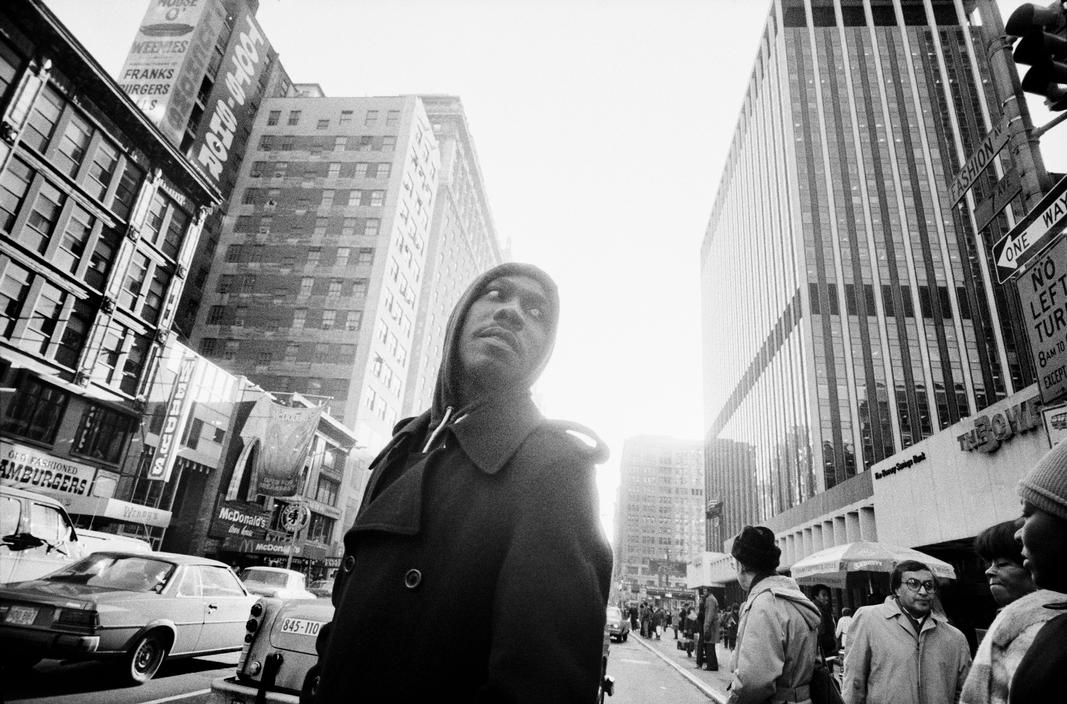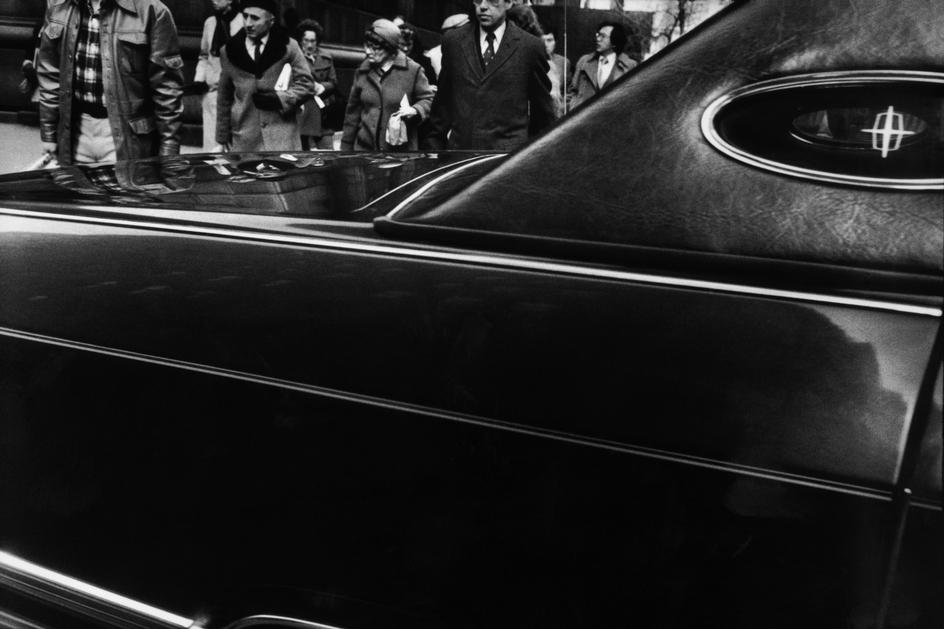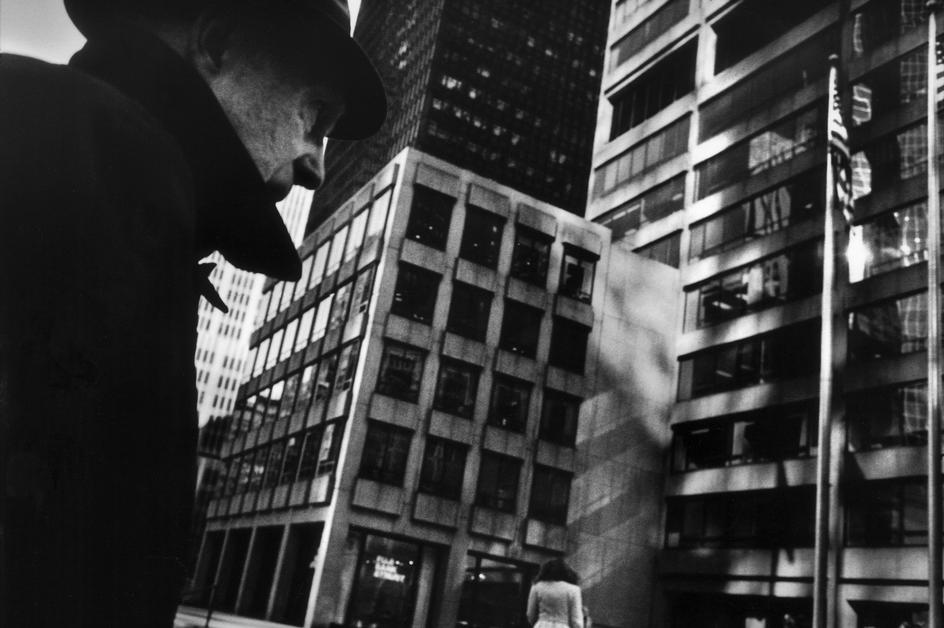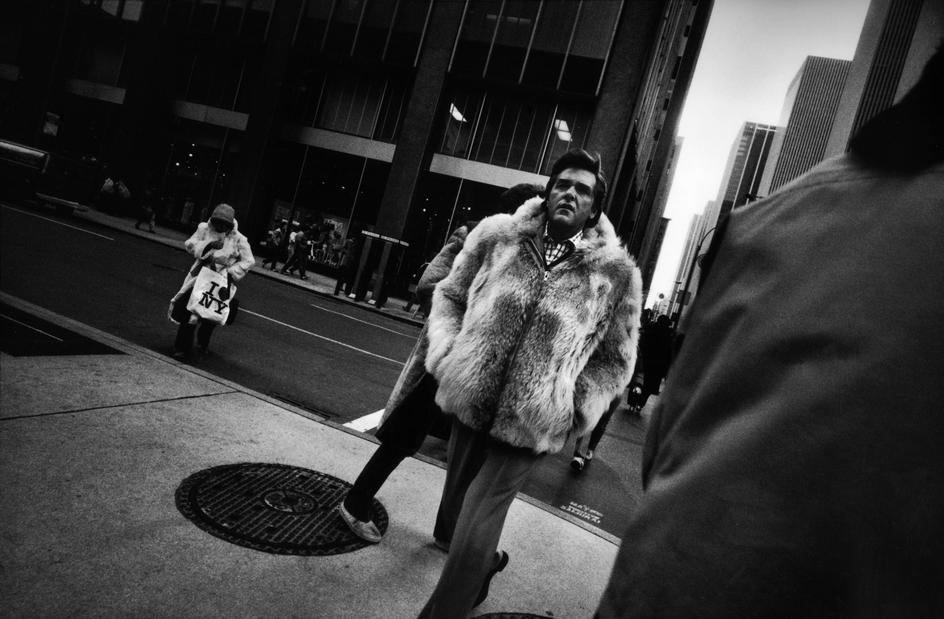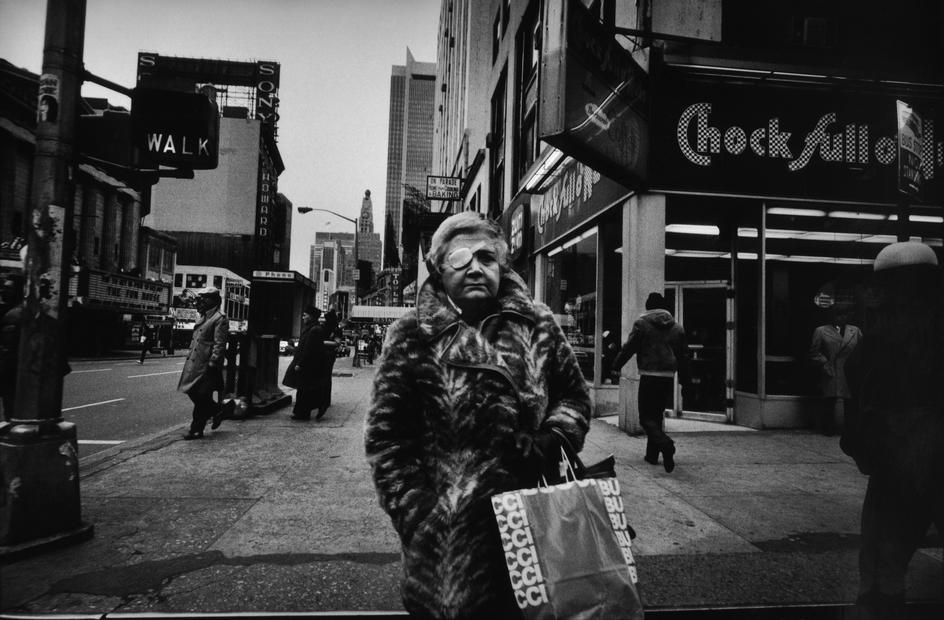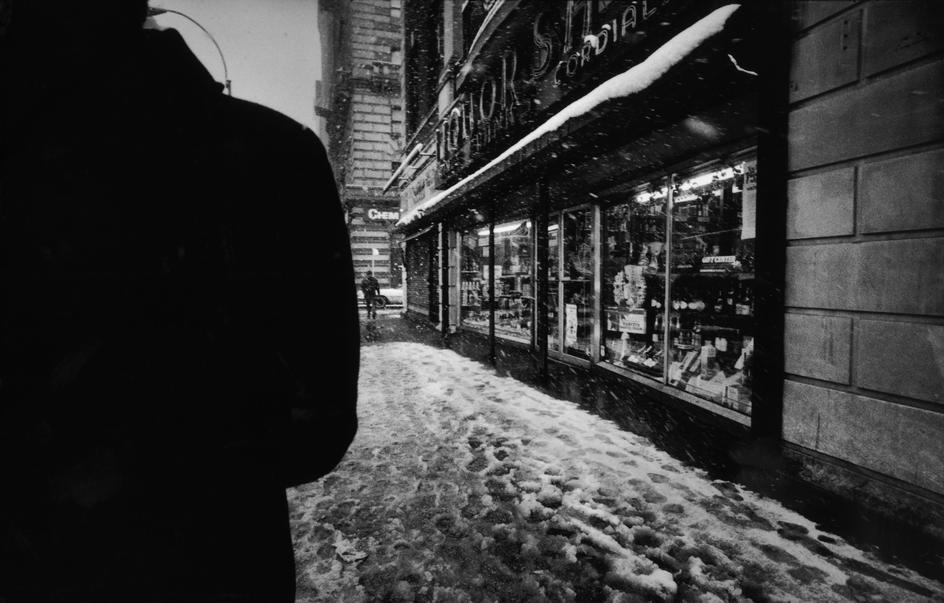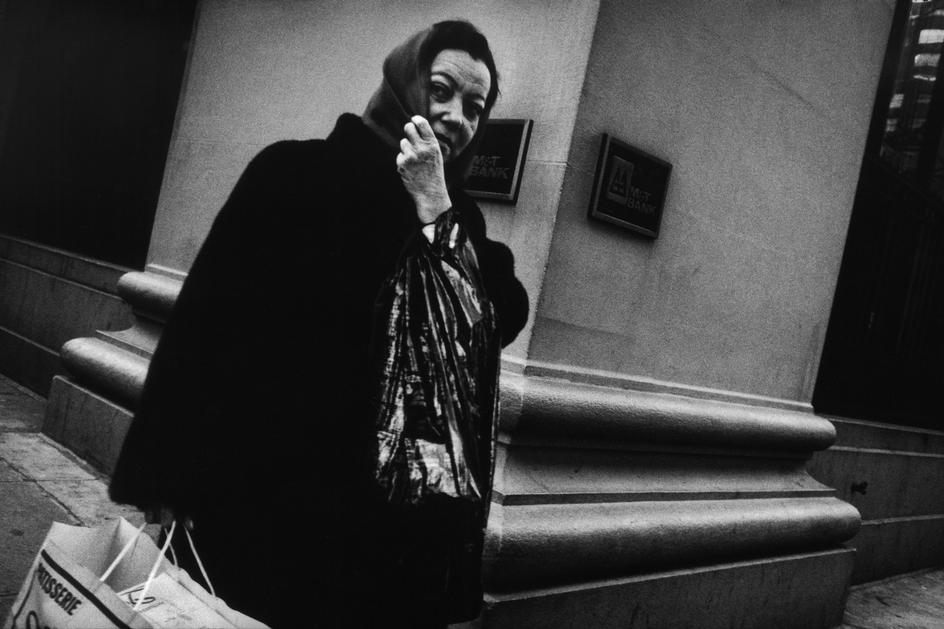Raymond DEPARDON
Media
Biography
Raymond Depardon, born in France in 1942, began taking photographs on his family farm in Garet at the age of 12. Apprenticed to a photographer-optician in Villefranche-sur-Saône, he left for Paris in 1958.
He joined the Dalmas agency in Paris in 1960 as a reporter, and in 1966 he co-founded the Gamma agency, reporting from all over the world. From 1974 to 1977, as a photographer and filmmaker, he covered the kidnap of a French ethnologist, François Claustre, in northern Chad. Alongside his photographic career, he began to make documentary films: 1974, Une Partie de Campagne and San Clemente.
In 1978, Depardon joined Magnum and continued his reportage work until the publication of Notes in 1979 and Correspondance New Yorkaise in 1981. In that same year, Reporters came out and stayed on the programme of a cinema in the Latin Quarter for seven months. In 1984, he took part in the DATAR project on the French countryside.
While still pursuing his filmmaking career, he received the Grand Prix National de la Photographie in 1991. His films also won recognition: in 1995 his film Délits Flagrants, on the French justice system, received a César Award for best documentary, and in 1998 he undertook the first in a series of three films devoted to the French rural world. The Maison Européenne de la Photographie in Paris mounted an important exhibition of his work in 2000. The sequel to his work on French justice was shown as part of the official selection at the Cannes Film Festival in 2004.
As part of an initiative by the Fondation Cartier for contemporary art, Depardon made an installation of films on twelve large cities, shown in Paris, Tokyo and Berlin between 2004 and 2007. In 2006, he was invited to be artistic director of the Rencontres Internationales d’Arles. He has made eighteen feature-length films and published forty-seven books.
